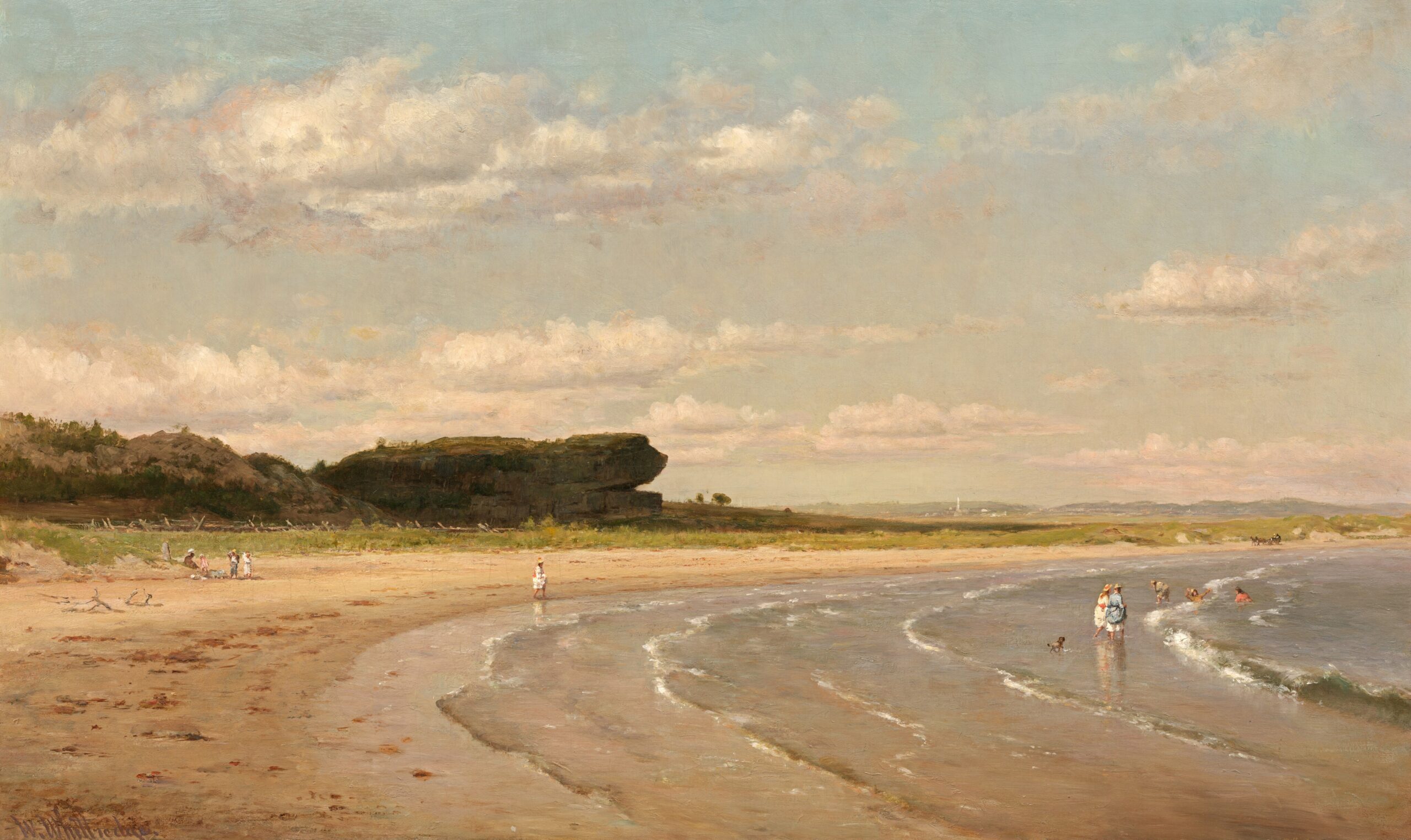The soft hats I brought back from my travels
got chewed up—they look almost threadbare—
thanks (but no thanks) to the boat ride home,
which also broke the goblets in my luggage.
As for what I enjoyed with palate and tongue—
it’s not like anyone could bring that back.
I can, however, say what I saw and heard.
I saw Leontini, where custom has visitors trace
two fingers across the sea-foam and thank Aphrodite,
whose distant cousins dug that town’s
foundations, made it fit for human beings;
I saw the island Megara, named by Megarians
who ought to have called it New Megara, since
they came from the mainland to built
a miniature form of their old life.
Its temples hold genealogies carved into pediments;
no planner of bridge or wall goes anonymous there.
I took a long stroll in the sun-blessed city
of Gelas, whose smooth schist gates name its founders,
sons of Crete and sons of Rhodes;
there King Cocalus protected Dedalus
when he escaped his ex-boss and pursuer, King Minos,
by letting his daughters boil King Minos alive.
And then there is Zanton. Help me, Clio,
Melpomene, Thalia too, as I try
to clarify: the thing
that baffles travelers in Zanton
is that nobody who lives there is allowed
(tradition prohibits it, though it’s not strictly illegal)
to tell the whole story of how it came to be.
And yet you can piece it, or most of it, together,
by listening to the citizens, if you’re careful
and check out both sides when they disagree.
The settlers came from Kume and Kalkidos,
led by the captains Perieres
and Kratamenes, who called himself the Victor
(he had good reason, given where he’d fought).
No sooner did they land in Sicily
than they began to erect, and to fortify, walls;
they never laid the herb mesh, nor did they spread the celery leaves
that would have kept off the harpies,
or else attracted a heron to chase them away.
You on the mainland have probably never seen
harpies, and lucky you if so:
their shadows shelter slanderers; the trails
their filthy feathers leave turn children sad
or disobedient, and seeds to dust
before they’re sown. Those same birds’ iron talons
buckle pavements, and—adding injury
to injury—their fecal stench makes routine maintenance
next to impossible: nauseated citizens
refuse to pay their tax—
mistrustful and badly nourished, they can’t see past today.
If you ever have the misfortune to launch a colony
do not settle where the harpies land.
For Zanton, though, it was too late. Muses, let me say
what I could uncover there.
After the walls went up, the captains put it about
that all the roads and walks, planks, stairs and gates
and even the balances that kept merchants fair
protected them from some external foe,
the made-up marines of some navy a few tides away.
All lies, of course, but the only way—
that duo believed—to hold the place together.
Then Perieres and Kratamenes set,
below the main fortification, a granite pot
whose silver plastron held the scythe of Kronos,
the titan who castrated his father the sky
and thus cleared space on Earth for his fellow titans,
and later for us human beings, to live.
You have to understand that it was dangerous—
blasphemous, even—to approach the scythe,
or even admit its existence, much less to tote it
from one excavation or battlefield to another
as if it were a regimental charm.
Supposedly Zeus would slam his bolts right at it
the moment blade saw air.
Where did Perieres, or Kratamenes,
unearth it? how could it travel with them? Who knows?
But it worked; the harpies, who can see
through leather, steel or stone, shook and took fright
at the hard and ancient sovereign reminder
of violence that made their violence
petty and inconsequential. In one last
eruption of alkaline dust, they flapped away.
Proud of the strategem, wanting the credit
for saving the town, each man
hoped to rename it after one founder: himself.
Perieres wanted to keep the shrine
forever a secret; Kratamenes preferred
to reveal it, and to propitiate Olympus
by launching a local holiday
to honor what grim magic kept them safe.
Today, they might have formed political parties.
Instead, they very nearly drew their knives
and tried to stab each other. Then they agreed
to ask divine Apollo. Together they climbed
the pebbly hills, each lugging bags of leaves,
crushed laurel they were meant to strew and burn.
But the chapel, the acolytes
and the redolent outdoor altar
presented only silence, which they took
as itself an answer—never tell
the whole tale; never, moreover, name
the founders of the town,
who kept it safe through subterfuge and shame.
And so even now, even on sacred days,
the city, its peacock markets and its docks
so close to the bourse, its reciters and lutanists,
seed-vendors, rhetoric teachers, and resident priests
refuse to say the name of either man.
In fact, they prefer to avoid even naming the town,
whose name on maps means something like “sickle” or “scythe.”
When the deputy mayors announce
the annual civic feast, they say,
“May the majestic initiators
of our metropolitan ways of life–
whoever they were; we really have no idea,
it was so long ago—grace our revels and green our fields;
we honor whatever they did or might have done.”
They roast at least two oxen, and their round cakes,
though slightly burnt, taste sweet, with citron and sage.
(after Callimachus, Aetia, 2:12-83)

Stephanie Burt is Professor of English at Harvard and the author of several books of poetry and literary criticism, most recently The Poem Is You: 60 Contemporary American Poems and How to Read Them (Harvard UP, 2016). Their next book of poems, Advice from the Lights, will appear from Graywolf in late 2017.


